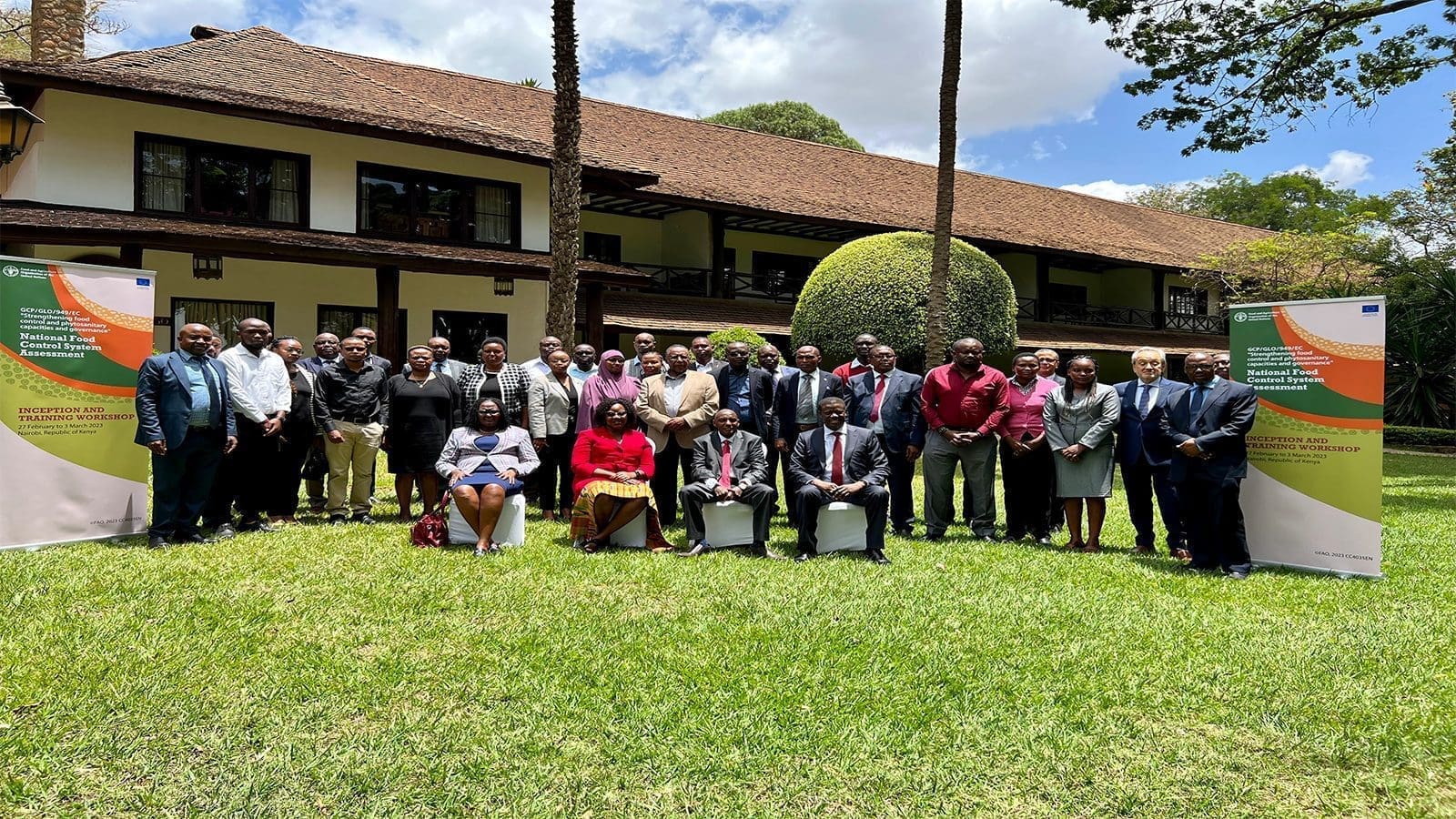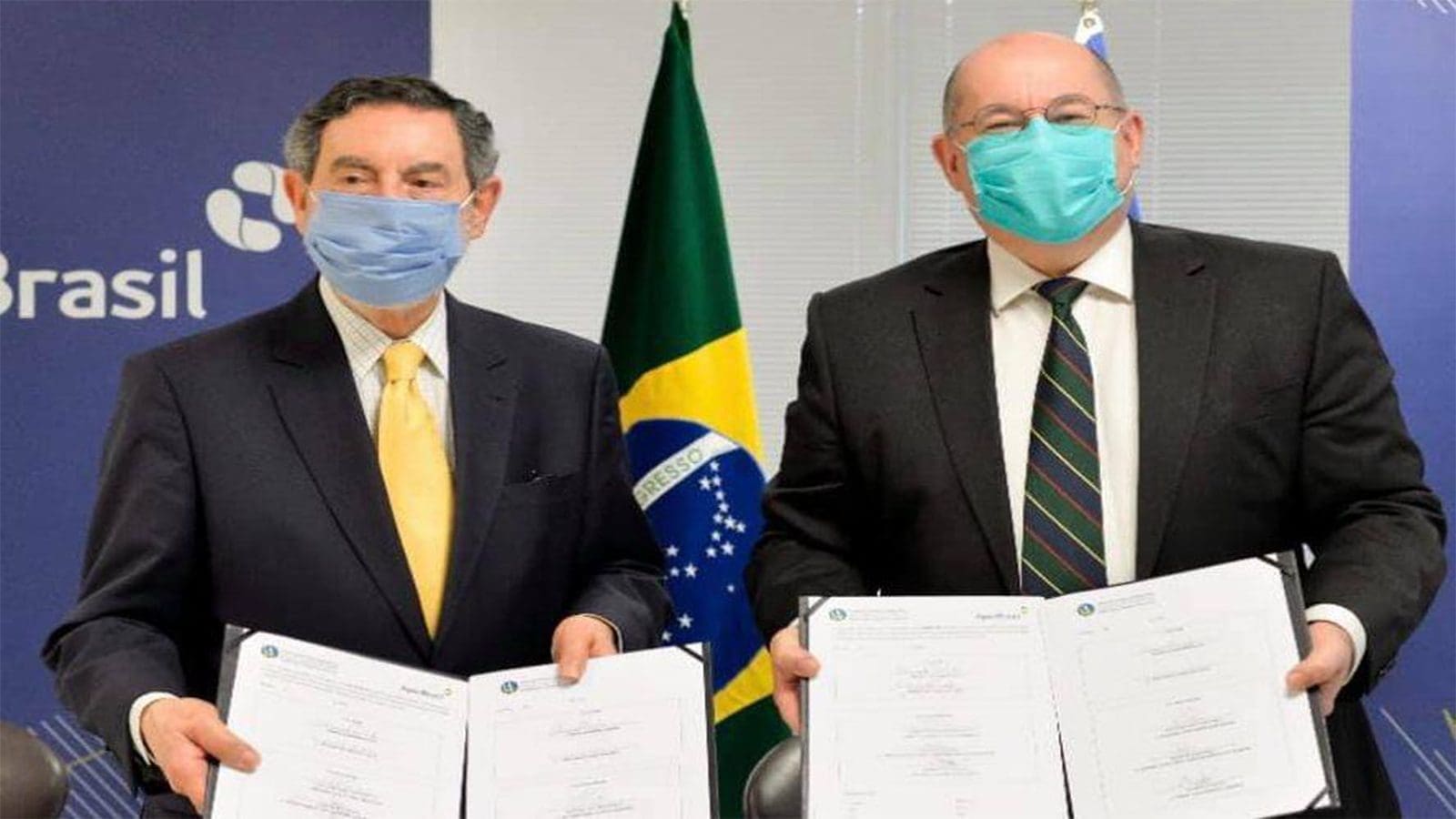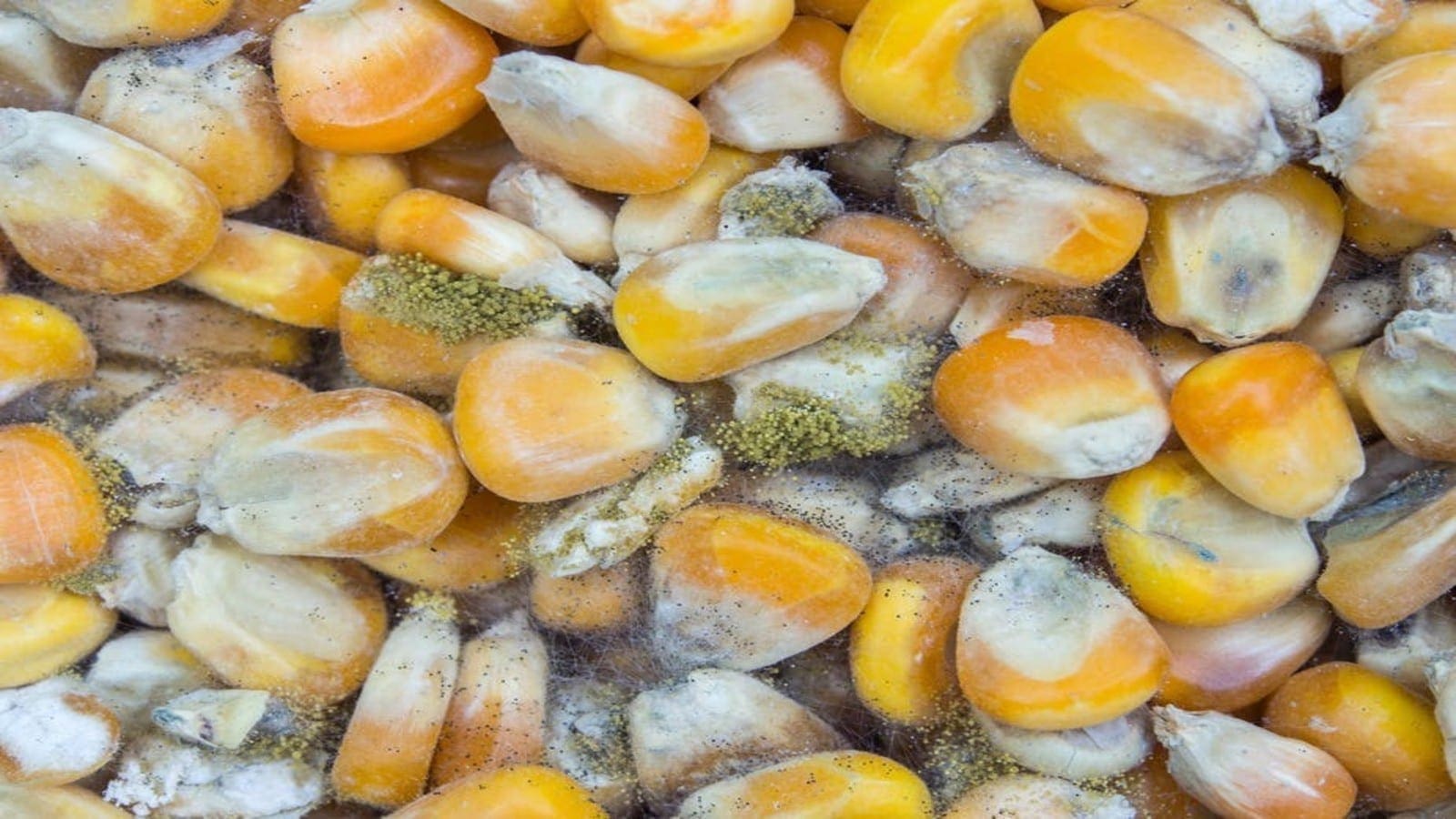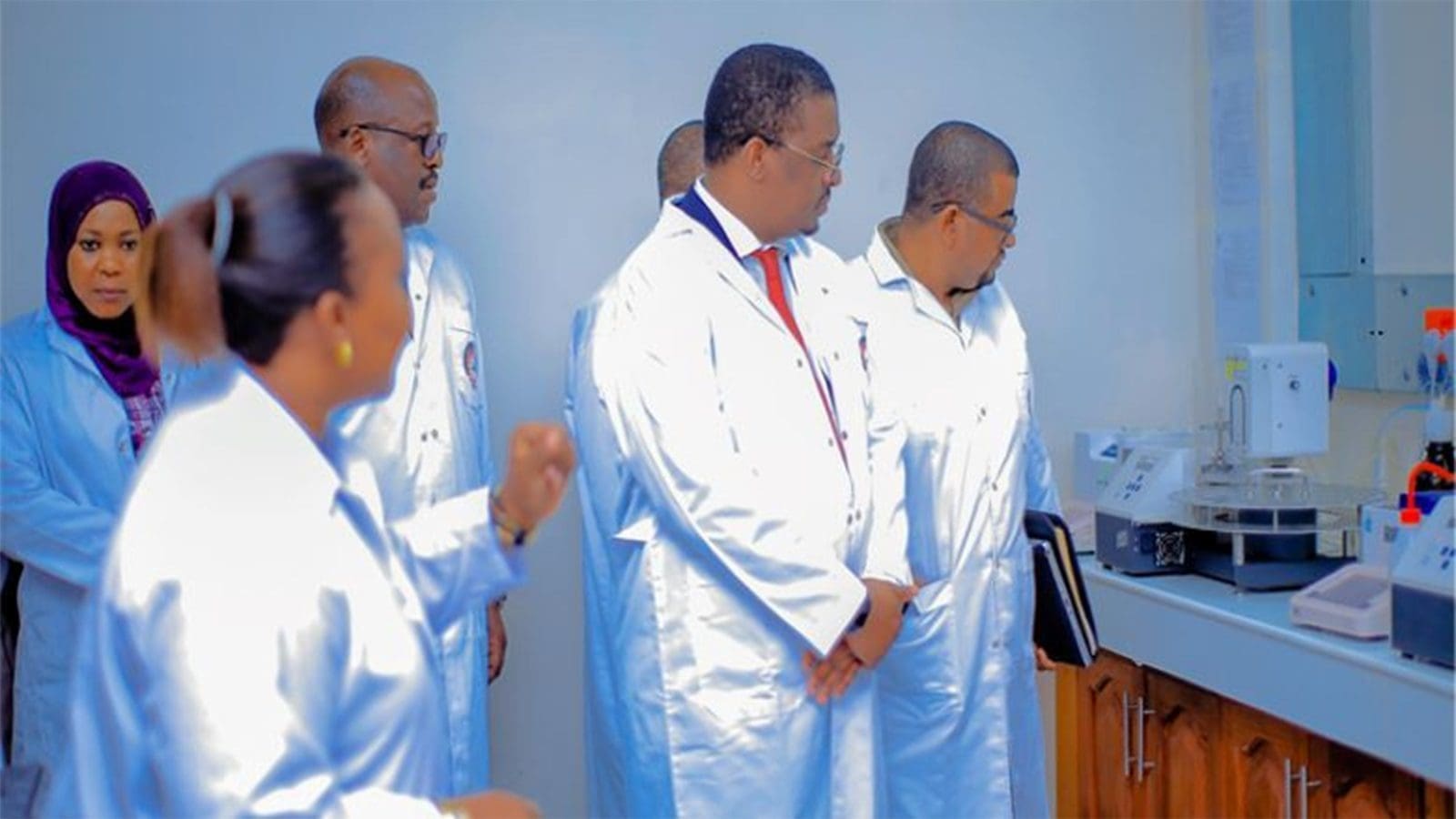KENYA – As part of a 5-million-euro project titled “Strengthening of Capacities and Governance in Food and Phytosanitary Control” sponsored by the European Union, the Food and Agriculture Organization (FAO) has embarked on an endeavor to enhance Kenya’s food control system.
Launched in November 2022, the project is set to provide technical support and work with Competent Authorities and other leading institutions in 12 Common Markets for Eastern and Southern Africa (COMESA) Member Countries to build capabilities, strengthen governance and improve strategic planning around two main components: food safety and plant health.
As part of the food safety component, an assessment of the national food control system will be carried out in Kenya.
In order to evaluate the effectiveness of the national food control system and to develop strategies to improve the country’s public health and economic development, a team of food safety experts from the FAO will collaborate closely with local Competent Authorities for Food Safety and relevant stakeholders.
The project, co-signed by the Government of Kenya, is carried out in close cooperation with the African Commission Division for Rural Economy and Agriculture (AUC DARBE) and is in line with the Sanitary and Phytosanitary (SPS) Policy Framework for Africa created by the African Union (AU) to promote trade among AU Member States.
With the establishment of FAO’s Representation in Kenya in 1977, Kenya and FAO have had a long-standing collaboration working toward increased food security and general development of food and agricultural standards.
As part of this project, FAO is making the FAO/WHO Food Control System Assessment Tool available in Kenya.
This innovative tool, whose usage is steadily growing, is designed to evaluate the national food control system thoroughly by taking into account every aspect of the food supply chain, including production, distribution, the retail market, and consumers.
The goals of the project, according to Phillip Kello Harsama, Permanent Secretary, State Department for Crop Development, Ministry of Agriculture and Livestock Development, are in line with the priorities of the government as outlined in the Kenya Vision 2030 Blue Print and the Agricultural Sector Transformation & Growth Strategy (ASTGS 2019-2029), among other strategy documents.
“Efficient food control system is essential to facilitate trade in food products and to ensure consumers have ready and sustained access to safe and nutritious food in Kenya and the African continent,” said the PS.
Project to improve trade
A group of FAO experts will work with Kenya’s Competent Authorities in food safety as part of the evaluation, supporting them through multiple assessment phases and culminating in the creation of a set of recommendations and a tactical framework to ease their implementation.
Carla Mucavi, FAO’s representative for Kenya, thanked the European Union for helping to fund this significant project, which will help to improve the implementation of the Agreement creating the African Continental Free Trade Area.
She also complimented the Kenyan government for its leadership and dedication in establishing a multi-sectoral and multi-agency food safety working group, which has significantly enhanced the coordination of Kenya’s food control system.
The training, which was held from February 27 to March 3 2023 at the Safari Park Hotel in Nairobi, included presentations, discussions, and case studies to instruct the focal points of the Competent Authorities on the technical features of the Tool as well as their respective roles and activities in the succeeding stages of the project.
The activities included data collection across the whole food control system.
Participants in the training were excited about taking part in the assessment process.
“The tool is a great one and will help identify gaps in the whole food safety space and make recommendations for correction and to ensure food from farm to fork is safe,” said Samson G Dadu, Senior Trade Development Officer from the Ministry of Investments, Trade, and Industry.
Government employees active in food safety controls have the chance to enhance their skill sets through this project, as well as connect with others in the industry and learn from their experiences.
“Such forums bring us closer and help us strategize better in dealing with our food safety issues,” said Sahara S. Ali from the Food Safety Division of the Ministry of Health.
The project intends to help Kenya comply with international standards, promoting increased regional trade and harmonization.
Together with the projects currently underway in the two island republics of Comoros and the Seychelles, as well as in the Kingdom of Eswatini, activities have now commenced in Mauritius.
For all the latest food safety news from Africa and the World, subscribe to our NEWSLETTER, follow us on Twitter and LinkedIn, like us on Facebook and subscribe to our YouTube channel.








